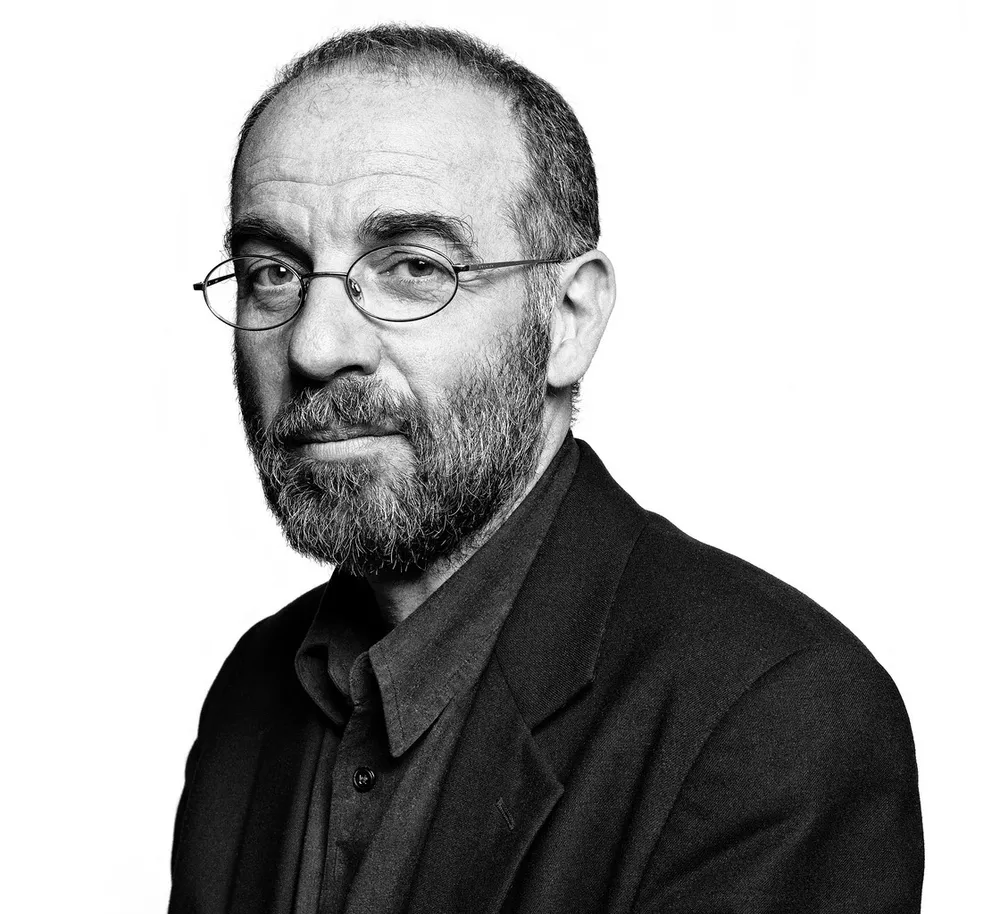
Introduction
Giuseppe Tornatore is a celebrated Italian filmmaker, screenwriter, and director renowned for his poetic storytelling and nostalgic depictions of Italian life. Born on May 27, 1956, in Bagheria, Sicily, Tornatore rose to international fame with his Academy Award-winning film Cinema Paradiso (1988). Over the decades, his works have left an indelible mark on global cinema, blending heartfelt narratives with stunning visuals and unforgettable music.
Early Life and Influences
Tornatore’s passion for storytelling began in his hometown of Bagheria, a small town near Palermo. Growing up in post-war Italy, he was heavily influenced by local theater and the cultural heritage of Sicily. His fascination with cinema started at a young age, when he would watch films at local theaters and immerse himself in the world of moving pictures.
By the time he was a teenager, Tornatore was already directing plays and short films. His early exposure to classic Italian cinema, particularly the works of Federico Fellini and Vittorio De Sica, played a pivotal role in shaping his artistic sensibilities.
Career Beginnings
Tornatore’s professional journey in filmmaking began with directing documentaries for Italian television. One of his notable early projects was Le minoranze etniche in Sicilia (The Ethnic Minorities of Sicily), which showcased his ability to capture authentic human experiences.
His debut feature film Il Camorrista (1986) earned critical acclaim. The crime drama, inspired by the life of a notorious Neapolitan mafia boss, demonstrated Tornatore’s prowess in crafting intense narratives and paved the way for his illustrious career.
Breakthrough: Cinema Paradiso
Tornatore’s breakthrough came in 1988 with Cinema Paradiso, a semi-autobiographical film that tells the story of a young Sicilian boy’s lifelong love affair with cinema.
Key Achievements of Cinema Paradiso
- Academy Award: Best Foreign Language Film (1990)
- Grand Prix du Jury: Cannes Film Festival (1989)
- Critical Acclaim: The film received universal praise for its emotional depth, nostalgic tone, and Ennio Morricone’s iconic score.
Cinema Paradiso remains a timeless celebration of filmmaking and is widely regarded as one of the greatest films ever made.
Notable Works
1. Stanno Tutti Bene (1990)
This drama, starring Marcello Mastroianni, follows an elderly man who travels across Italy to visit his grown children. The film explores themes of family, loneliness, and generational conflict.
2. The Legend of 1900 (1998)
A visually stunning tale about a gifted pianist who spends his entire life aboard an ocean liner. The film is renowned for its dreamlike narrative and Morricone’s mesmerizing score.
3. Malèna (2000)
Set during World War II in a small Sicilian town, this coming-of-age drama follows a young boy’s infatuation with a beautiful widow, played by Monica Bellucci. The film explores themes of desire, jealousy, and societal judgment.
4. La Sconosciuta (2006)
A gripping psychological thriller that delves into themes of trauma and redemption. The film earned Tornatore multiple awards, including Best Film at the David di Donatello Awards.
5. The Best Offer (2013)
Starring Geoffrey Rush, this mystery thriller revolves around an eccentric art auctioneer and his obsession with a reclusive heiress. The film received critical acclaim for its intricate plot and stunning cinematography.
Collaboration with Ennio Morricone
One of the defining aspects of Tornatore’s career is his long-standing collaboration with legendary composer Ennio Morricone. The two worked together on numerous films, creating some of the most memorable soundtracks in cinematic history.
Morricone’s scores for Cinema Paradiso, The Legend of 1900, and Malèna are considered masterpieces, enhancing the emotional impact of Tornatore’s storytelling.
Style and Themes
Tornatore’s films often explore themes of memory, nostalgia, and human relationships. His storytelling style blends realism with elements of fantasy, creating narratives that resonate deeply with audiences.
Key Characteristics of Tornatore’s Work:
- Nostalgia: A recurring theme, particularly evident in Cinema Paradiso.
- Complex Characters: Tornatore crafts multifaceted characters with relatable struggles.
- Visual Poetry: His films are known for their breathtaking cinematography and meticulous attention to detail.
- Emotional Depth: Tornatore’s narratives often evoke powerful emotional responses.
Awards and Honors
Giuseppe Tornatore has received numerous accolades throughout his career, including:
- Academy Award: Best Foreign Language Film for Cinema Paradiso
- David di Donatello Awards: Multiple wins, including Best Director
- César Award: Best Foreign Film for Cinema Paradiso
- Golden Globe Nominations: Best Foreign Language Film
- Cannes Film Festival: Grand Prix du Jury
His contributions to cinema have cemented his status as one of Italy’s most influential filmmakers.
Legacy and Influence
Tornatore’s works have inspired countless filmmakers and continue to be celebrated worldwide. His ability to blend personal storytelling with universal themes has made him a beloved figure in global cinema.
Films like Cinema Paradiso have become cultural touchstones, reminding audiences of the transformative power of cinema.
FAQs About Giuseppe Tornatore
1. What is Giuseppe Tornatore best known for?
He is best known for directing Cinema Paradiso, which won the Academy Award for Best Foreign Language Film.
2. What are Tornatore’s recurring themes?
His films often explore themes of memory, nostalgia, family, and the passage of time.
3. What is his collaboration with Ennio Morricone?
Tornatore frequently collaborated with Morricone, who composed iconic scores for many of his films, including Cinema Paradiso and Malèna.
4. Has Tornatore directed any thrillers?
Yes, films like La Sconosciuta and The Best Offer showcase his talent for crafting psychological thrillers.
5. What awards has he won?
Tornatore has won an Academy Award, multiple David di Donatello Awards, and the Grand Prix du Jury at Cannes, among others.
6. Where can I watch his films?
His films are available on various streaming platforms and through specialty distributors of international cinema.
Conclusion
Giuseppe Tornatore remains a towering figure in Italian and global cinema. His films, marked by their emotional resonance and visual beauty, have left an indelible mark on audiences around the world. Whether through nostalgic tales or gripping thrillers, Tornatore continues to celebrate the human experience and the magic of storytelling.



